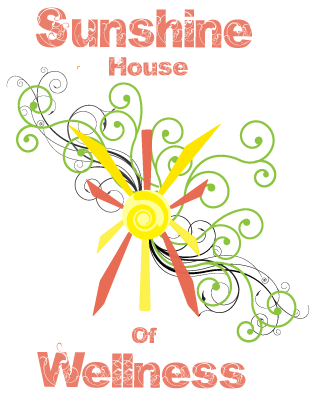Pumpkin Seed Oil contains very high levels of natural antioxidants and polyunsaturated fatty acids. It is especially high in the gamma-tocopherol form of Vitamin E, which is a powerful antioxidant. Vitamin E has been shown to have a wide range of skin benefits, including reducing the amount of scarring from wounds and diminishing the appearance of stretch marks on the skin. It may also help to decrease the effects of dermatitis, eczema and psoriasis, as well as to aid in the reduction of the redness associated with erythema, which is one symptom of rosacea.
Aside from the high levels of Vitamin E found in pumpkin seed oil, there are also high levels of other oils, in particular the fatty acids palmitic, stearic, linoleaic and oleic. Palmitic acid may help in the production of natural oils in the skin, helping to retain a protective barrier, and reducing the chance of cracked skin occurring which leaves the skin at a greater risk of infection and disease. Stearic acid is primarily a lubricant, which helps the skin to retain the proper moisture balance vital for good health (and good looks). Linoleic acid is an essential fatty acid, which means our bodies don't manufacture it and so we need to supplement it. It is needed as a step in the production of prostaglandins in our bodies, which decreases inflammation. In this way linoleic acid can help to maintain smooth skin, and may help to repair flaky, itchy, or rough skin. Oleic acid is the final fatty acid found in pumpkin seed oil, which works to replenish and maintain the skin's moisture and lubrication. It is an Omega 9 acid, which has health benefits similar to those derived from the better-known Omega 3 and Omega 6 essential fatty acids, all of which are found in pumpkin seed oil.
Other base oils used in Sunshine House of Wellness products include: Extra Virgin Olive Oil (used since the time of the ancient Egyptians as a powerful anti-inflammatory and anti-ageing compound); Sweet Almond Oil (a deep but lightweight moisturizer for all skin types which may help reduce the appearance of wrinkles); Apricot Kernel Oil (high in Vitamin E and other vitamins, this mild oil is great for sensitive skin, helping to keep all skin types soft, elastic, and glowing, while helping with minor skin ailments); Jojoba Oil (used on acne, eczema, and chapped skin); Rosehip Oil(may help to reduce scarring, wrinkles, & the effects of ageing); Evening Primrose and Borage Seed Oils (both high in gamma-linolenic acid or GLA may help to improve circulation, as well as regularly being used on skin which is prone to eczema, psoriasis, acne, or dryness.
Healing herbs are also used, either in fresh plant tincture form or as infused oils. Calendula officinalis is used by herbalists topically to treat mouth ulcers, acne, dermatitis (eczema), wounds, bed sores, minor burns, inflamed skin, nappy rash, and insect bites. Symphytum officinale (Comfrey) has been used since the time of the ancient Greeks and Romans as a cure-all for skin, particularly in the areas of wound repair. Hypericum perforatum (St. John's Wort) has been found to have topical anti-microbial properties, and so is useful when infection is present. Hammamelis virginiana (Witch Hazel Extract) is an astringent anti-inflammatory, which can be used in cases of wounds, dermatitis, and chronic skin disorders such as acne. Coleus forskohlii may help to increase blood flow, and is useful in psoriasis cases.
